Finding seabird ringing opportunities
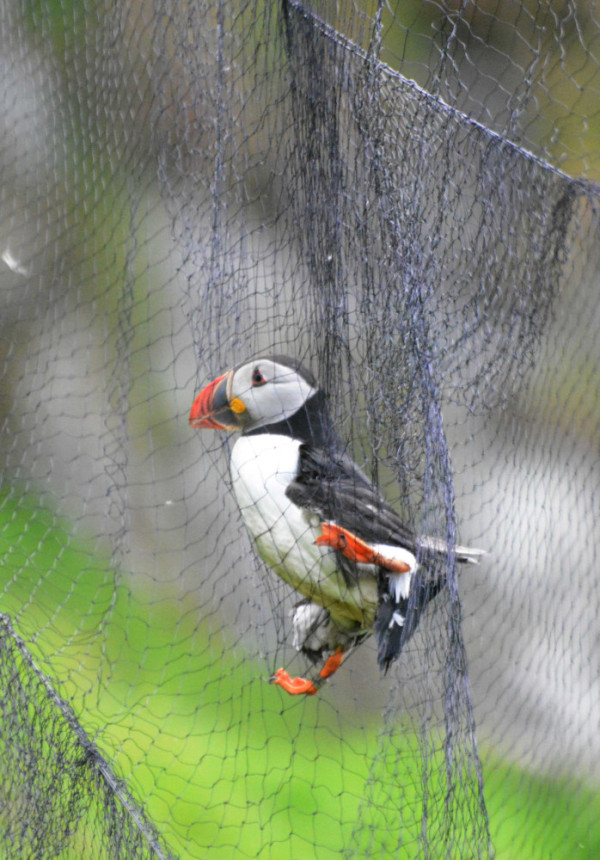
Once you know you want to gain experience with ringing seabirds, how do you go about finding the opportunities to do so? If you are lucky enough to have a Trainer who rings seabirds themselves, the chances are you don’t need to look much further. If they can’t take you seabird ringing themselves, they will probably know of others in the seabird ringing community that can. For those whose Trainer is not a seabird ringer, and who doesn’t know any other seabird ringers, finding opportunities can be trickier.
One option to gain seabird ringing experience is to visit a Bird Observatory that offers seabird ringing opportunities. More information about Bird Observatories can be found on the Bird Observatories Council website. Some organisations, such as the National Trust, RSPB and Wildlife Trusts, own nature reserves that include seabird colonies and these may be able to offer volunteering opportunities. Universities and some other organisations also have research groups that study seabirds.
Most larger seabird expeditions are organised far in advance and may have a waiting list for ringers wanting to join the trip. As with most ringing, to ensure the safety and welfare of the team and the birds isn’t compromised, and to be able to offer appropriate training to all team members, the team selected will typically comprise a mix of experience and the result is that there will nearly always be a limited number of places available for new seabird ringers. This means it might be a couple of years before you are offered a place on one of the larger expeditions. Places on these trips are not always advertised, so you may have to identify these opportunities and contact the trip organisers yourself to be in with a chance of participating. Some trips can also be prohibitively expensive for some ringers, mostly due to the costs of hiring boats to access remote islands.
Becoming part of the seabird community can be a good way to hear about ringing opportunities. The Seabird Group is a charity that you can join, which promotes and helps coordinate the study and conservation of seabirds. People can apply for small grants towards research and survey projects and training grants to undertake unpaid voluntary activities, including ringing, focused on seabirds (see Funding opportunities). Following and communicating with seabird ringers, ringing groups and seabird researchers on social media is another avenue to consider.
The best advice for learning about ringing opportunities is to get involved - attend conferences if you can, join groups on social media, do as much ringing with as many different ringers as possible. The ringing community is not that big and you should find most ringers are more than willing to share their knowledge, tell you about opportunities or put you in touch with other ringers who might be able to help you gain the experience you are looking for.

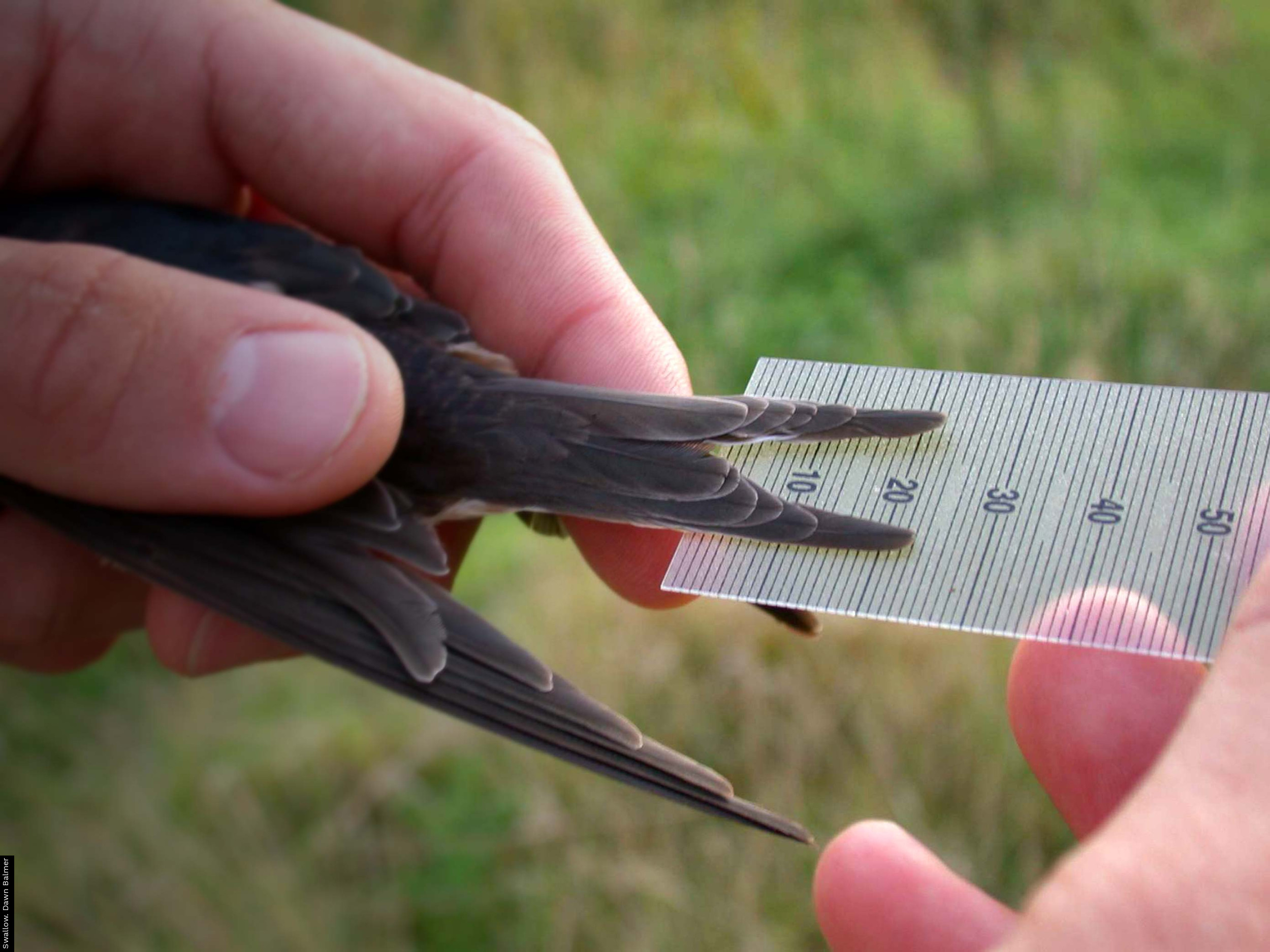

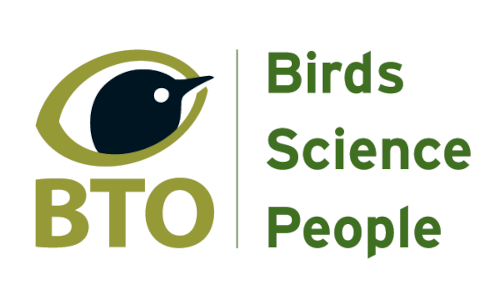



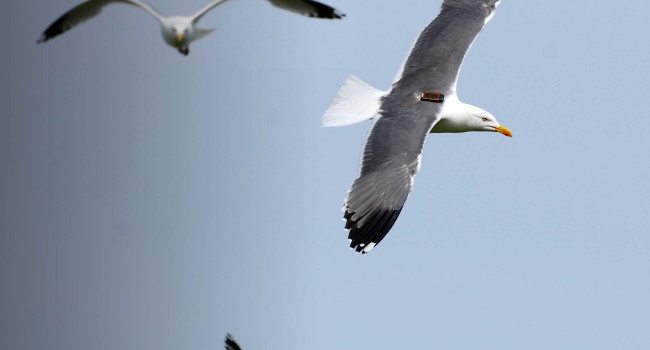
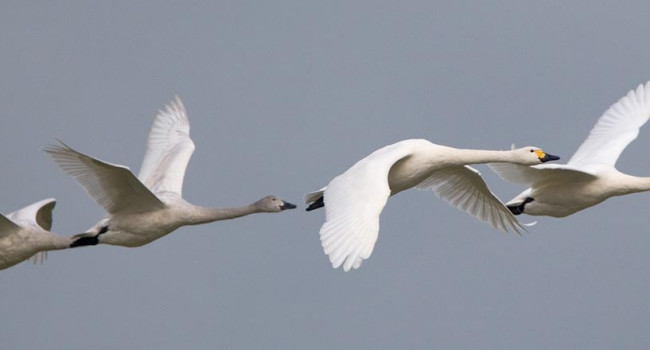

Share this page